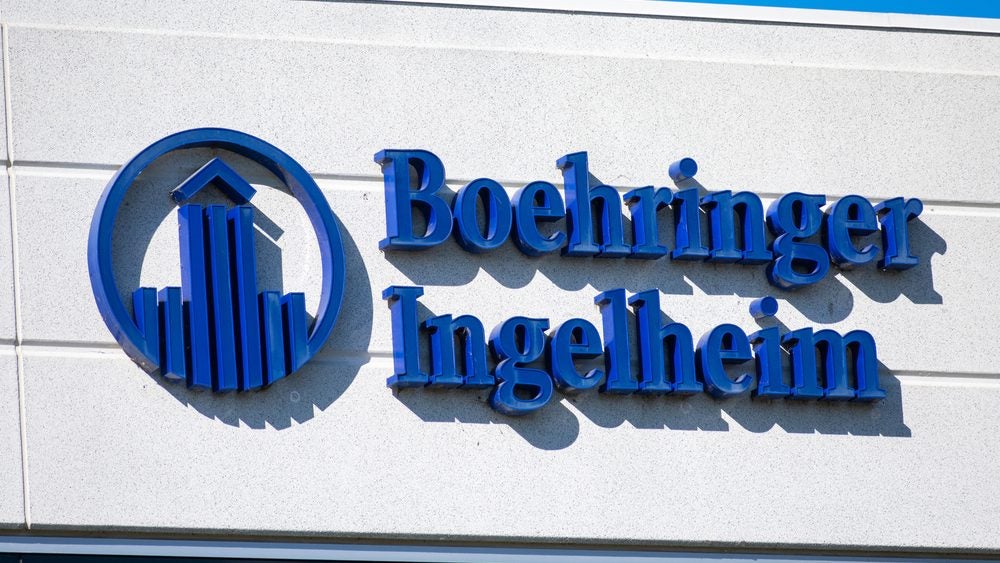BeiGene has announced the acceptance of a biologics licence application (BLA) by the US Food and Drug Administration (FDA) for TEVIMBRA (tislelizumab) to treat advanced gastric or gastroesophageal junction (G/GEJ) adenocarcinoma.
A humanised immunoglobulin G4 (IgG4) anti-programmed cell death protein 1 (PD-1) monoclonal antibody, TEVIMBRA is given in combination with chemotherapy.
A regulatory decision in the US for the application is anticipated in December 2024.
The BLA submission is based on data from the global Phase III RATIONALE-305 clinical trial in 997 advanced unresectable or metastatic G/GEJ adenocarcinoma patients.
Overall survival (OS) was the primary endpoint of the trial.
Results from the study showed that the primary endpoint was met, with patients treated with TEVIMBRA plus chemotherapy achieving an OS of 15 months, compared to 12.9 months for those receiving placebo and chemotherapy.
This represented a 20% reduction in mortality risk.
TEVIMBRA in combination with chemotherapy also resulted in a higher objective response rate and median duration of response than the placebo group.
The median progression-free survival was also longer for patients receiving the antibody plus chemotherapy, at 6.9 months versus 6.2 months for the placebo arm.
TEVIMBRA regimen’s safety profile was in line with that of other anti-PD-1 antibodies, with manageable adverse events.
The European Commission recently approved TEVIMBRA for the treatment of advanced or metastatic oesophageal squamous cell carcinoma (ESCC) after prior chemotherapy.
The FDA is also reviewing another BLA for TEVIMBRA as a first-line treatment for unresectable, recurrent, locally advanced or metastatic ESCC, with a decision expected by July 2024.
BeiGene solid tumours chief medical officer Mark Lanasa stated: “There is an urgent need for new treatment options for gastric cancer, which is often diagnosed at the advanced or metastatic stage.
“In clinical trials, TEVIMBRA has demonstrated its potential to improve survival for those with gastric and gastroesophageal junction cancer. This FDA acceptance brings us one step closer to delivering a new treatment option for patients who often face poor prognoses.”














